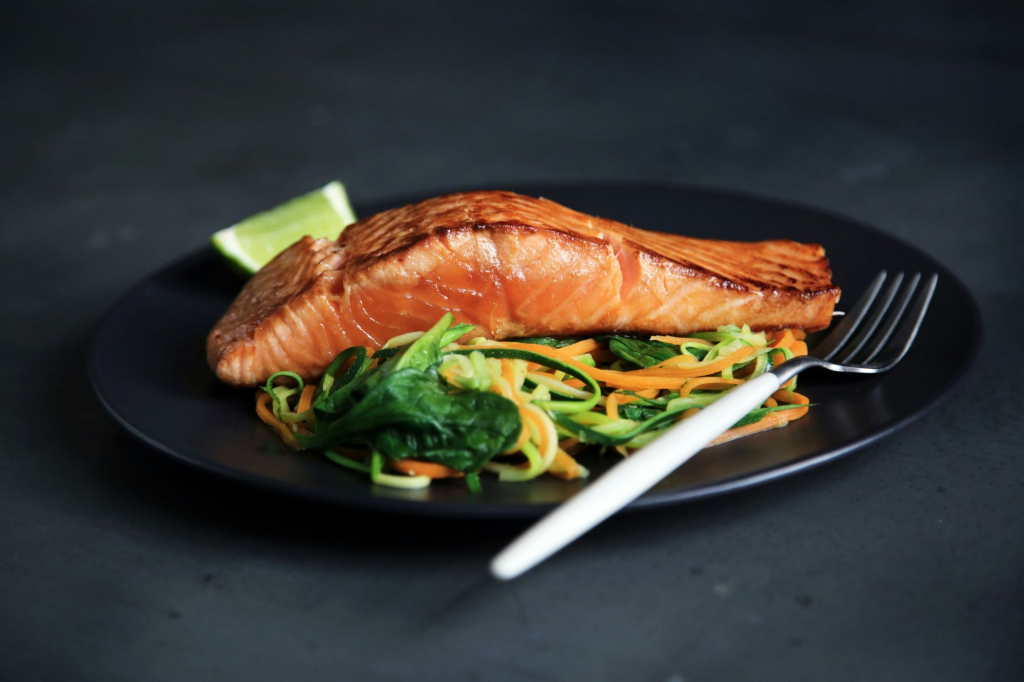Why is Omega-3 important for health?

Omega-3 fatty acids are essential for the formation of cell walls, making them flexible and improving circulation and oxygen uptake, which is important for good cardiovascular health. Omega-3s can lower LDL cholesterol and total serum triglyceride levels and may reduce blood pressure. They have anti-inflammatory properties, which can alleviate symptoms related to arthritis and psoriasis, and they also play a role in brain health and cognitive functions.
Omega-3 fatty acids are particularly known for containing EPA (eicosapentaenoic acid) and DHA (docosahexaenoic acid), which have been shown to benefit heart health, reduce the risk of depression, improve vision, and promote brain health during all stages of life, including fetal development and in aging individuals.1, 2
They are also actively involved in improving cognitive abilities, fighting inflammation, and improving insulin sensitivity.2
Recommendations on Omega-3 intake

Omega-3 fatty acids are crucial because our bodies cannot produce them; we must obtain them through our diet. In terms of nutrition recommendations, it is advised to eat fish twice a week or consider omega-3 supplements, especially if dietary intake is inadequate.1, 3

What are the best sources of Omega-3?

For those who wish to increase their Omega-3 intake, the best sources include fatty fish like salmon, mackerel, herring, and tuna, as well as flaxseed (linseed), hemp seeds, pumpkin seeds, and oils like flaxseed and hemp oil. Plant sources such as walnuts and chia seeds are also good, especially for people who follow a vegan or vegetarian diet.3
Receive Exclusive Tips & Weekly Digest – subscribe to our newsletter






